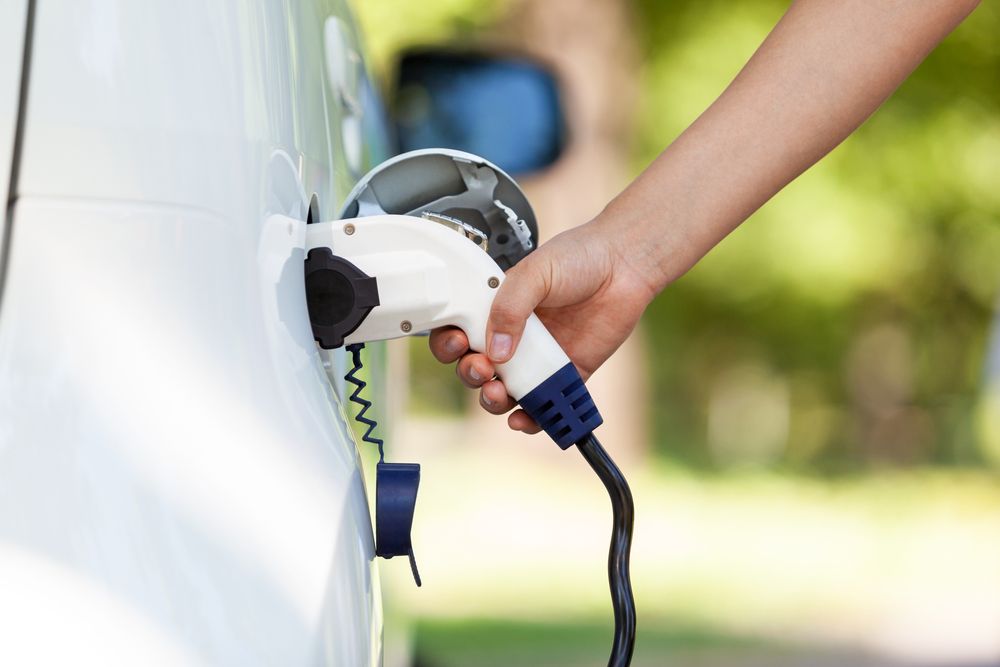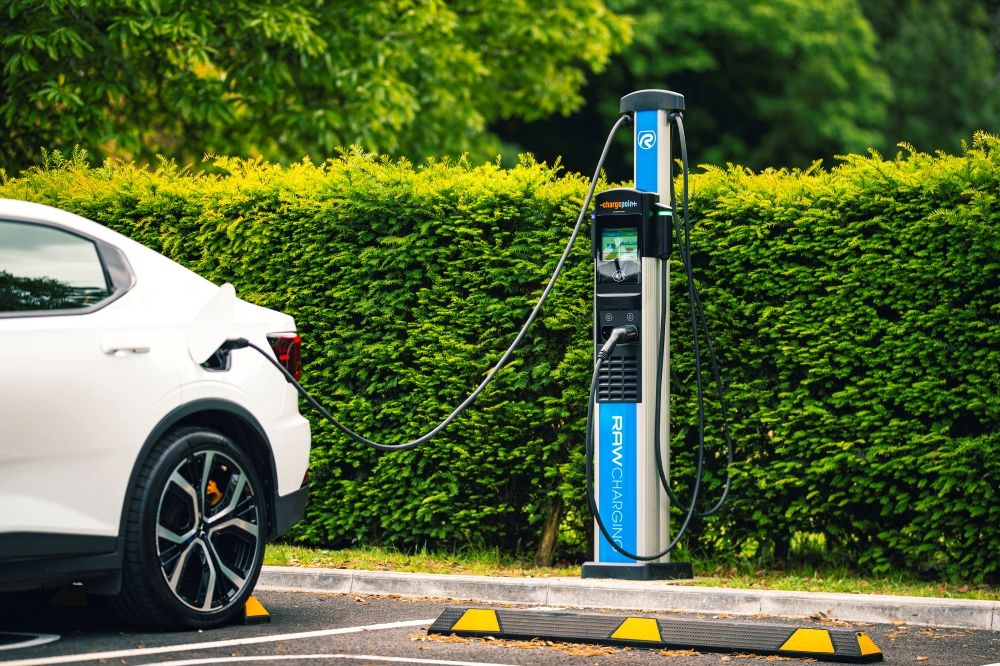The government’s plans to offer £50m in funding for the development of residential and business EV charging facilities has been welcomed by industry experts.
Speaking after the announcement, Joel Teague, CEO of sharing charger scheme Co Charger, supported the initiative. Teague said charging “should be for everyone – not just homeowners with driveways” and that previously motorists in rented accommodation or in rural areas might have felt unable to transition to an EV. He said the government’s commitment was a “significant step towards ensuring that no-one is ‘locked out’ of the electric vehicle revolution.”
Co Charger enables those who do have chargers, whether motorists, businesses or community buildings to share them with neighbours who don’t. Described as ‘Air BnB for electric cars’, the Co Charger app connects hosts with chargees.
Teague said: “It’s great to see the government backing the installation of more charger points in rented and leasehold accommodation and in the car parks of small businesses.
“What can make these schemes even more effective is if a proportion of those charge points are shared – enabling motorists who live in flats and terraced houses to buy an electric car.”
Currently the majority of electric vehicle owners charge at home. Motorists living in accommodation without a charger who would like to transition to an EV are faced with the prospect of being reliant on public chargers – which can often be too far away, booked up or even out of order.
Teague said that if widespread EV adoption was to be successful, motorists needed an “easy, convenient and dependable access to chargers” – a point regularly highlighted by industry experts and the government’s own EV Taskforce on the issue.
Community charging could be one entry point, according to Teague. He said: “Community Charging involves using community resources such as existing home or business chargers to enable members of that community to run an electric vehicle.
“In practice it means a motorist living in a flat can have an arrangement with a nearby neighbour with a driveway to charge at theirs a couple of times a week, ideally overnight when tariffs are cheaper.”
Commenting on the extension of the grant schemes, Daniel Brown, Head of Transport at the Association for Renewable Energy & Clean Rechnology (REA) said:
“The EV Homecharge Scheme and Workplace Charging Scheme have helped make charging accessible and affordable to private drivers and businesses over the years. We welcome the extension and expanded scope of these schemes. The changes show that Government is closely listening to, and working with, industry in order to achieve our common goal of Net Zero.”
- image from Shutterstock












